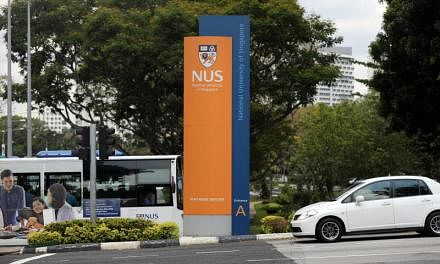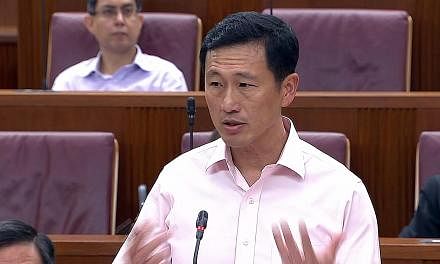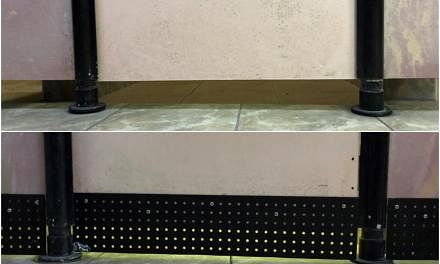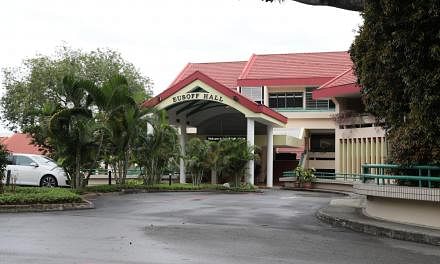Students should receive harsh punishment if they are found to have engaged in sexual misconduct - but they should also receive some form of support, a survey of National University of Singapore (NUS) students has found.
About 94 per cent of respondents said help such as rehabilitation, legal advice and a case officer to guide them through their options should be provided for those accused of sexual misconduct.
NUS released results of the survey yesterday. It was carried out by an independent research consultancy in the wake of a case of sexual misconduct at the university.
It drew responses from about 5,200 students, of whom 51 per cent were female.
Clinical psychologist Carol Balhetchet was not surprised that the students surveyed had shown concern and compassion for offenders. "It boils down to the fact that we are all still human," she said.
"We want to show sympathy to the perpetrator, give them a chance to redeem themselves. If you just punish someone with no other recourse, there is no hope. But the hope of restorative justice is they get rehabilitated because these people are eventually going to go back out into the community.
"Maybe they had a moment of folly, but if given a chance, they may put things right themselves. It's about one human being having hope in another."
Ms Lune Loh, a 22-year-old student from NUS' Faculty of Arts and Social Sciences, said there should be both punishment and support for offenders: "We want them to learn from their mistakes.
"You can't leave them to their punishment alone - their mental health might become an issue if societal backlash has some effect on their psyche."
The poll also laid out several detailed scenarios and asked students to indicate which offences they felt were severe, moderate or mild.
The top instance of severe sexual misconduct for 94 per cent of students was if a person spiked the drink of another and took advantage of him or her.
More than 80 per cent of students also considered voyeurism and filming, physical and sexual assault and outrage of modesty as severe offences.
An example of what 41 per cent of respondents believed was mild was if one inebriated person verbally pesters another, without any physical contact.
Nearly 90 per cent felt that the severity of the offence plays the biggest role in determining penalties for offenders, while 77 per cent said the pattern of behaviour - whether it is a single or repeat offence - is another key factor.
Most also supported some of the new measures like a notation of sexual misconduct on an offender's transcript, and more than half felt the record should remain for longer than five years.
Mr Richard Wang, deputy student life secretary at the NUS Students' Union, sits on the committee set up to review NUS' disciplinary policies, and which has released a set of recommended measures to deal with sexual misconduct.
"We are heartened that our NUS community is aware of the need to provide support to offenders," the 24-year-old economics student told The Straits Times. "(But) we must highlight that support does not equate to leniency. While the university provides support for offenders in their rehabilitation process, we cannot downplay the seriousness of the offences.
"A tougher sanctions framework sends a strong message that the university does not tolerate such offences. It will serve as both a deterrent to potential perpetrators and a safeguard for the NUS community."













